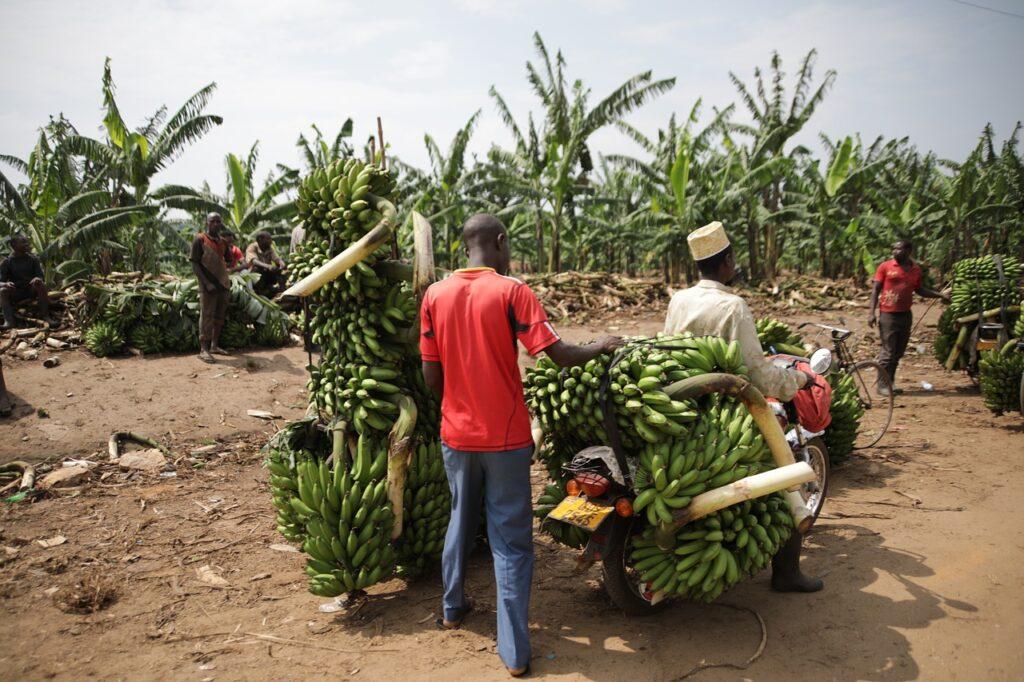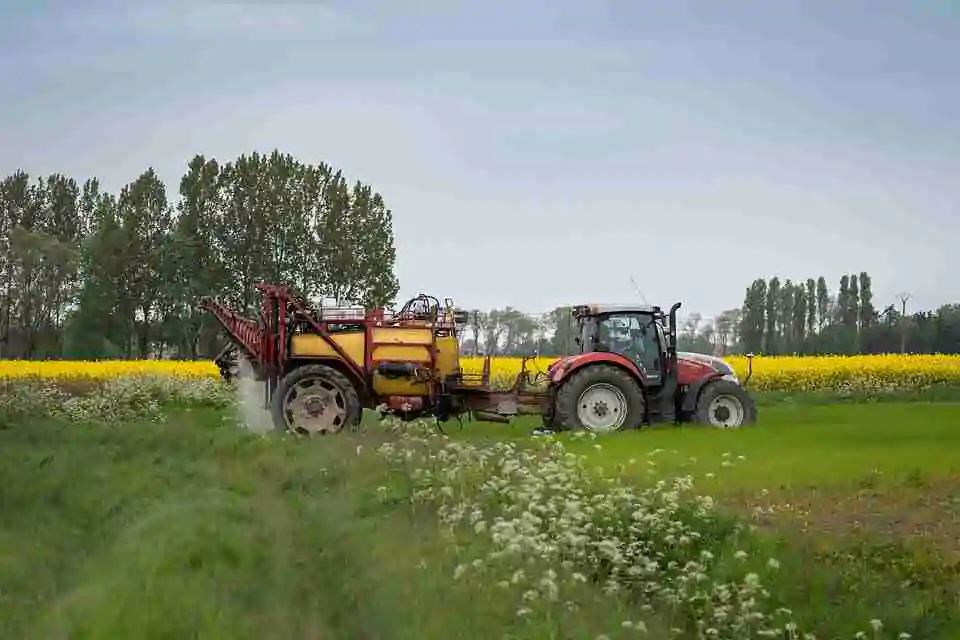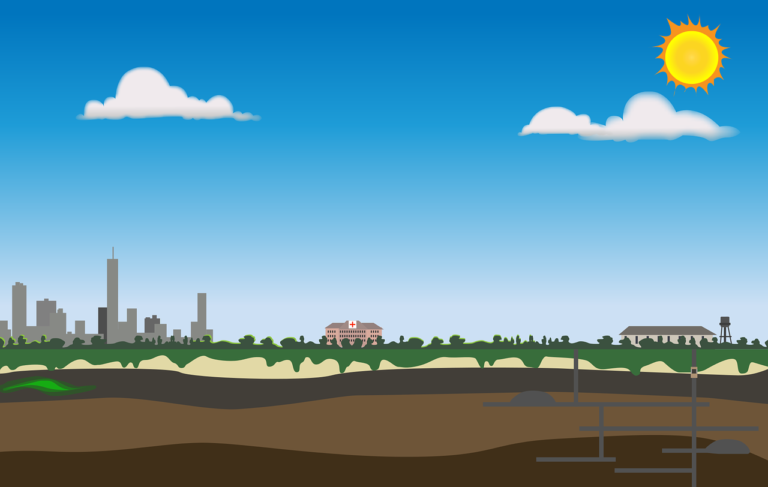The Importance of Agriculture: Unlocking Prosperity and Development
Introduction
The importance of agriculture is vigorous in any economy. Agriculture functions as the foundation of human survival, supplying foodstuff, raw materials, and livelihoods for so many people in the world. As the original industry in the human past, it eased the shift from traveling existences to settled civilizations. In current times, agriculture remains vital to societal development, upsetting economies, cultures, and environmental sustainability. From nurturing the worldwide population to powering industries, agriculture is important worldwide.
Why is agriculture important?
Agriculture acts as a crucial foundation for many economies, particularly in developing countries. It makes a considerable contribution to GDP, often representing 20-30% in agrarian economies. In addition to its economic value, agriculture is a key employer. It funds rural communities, shortening urban migration by providing work in farming, animal husbandry, and linked sectors.

What is the importance of agriculture?
Additionally, importance of the agriculture relates to some expansions, such as agriculture encouraging rural improvement by improving infrastructure, education, and healthcare in agricultural areas. Governments commonly place in order agricultural growth to become stable economies and confirm rightful development. Consequently, agriculture’s economic function goes beyond food production—it serves as a driver of overall social progress. The following points highlight the importance of agriculture.
Safeguarding Food Safety
Why do we need agriculture? Its simple answer is that agriculture’s role is its involvement in food security. Agriculture is the source of food production for any society. It provides all types of food. It is the major source of staples like rice, wheat, and maize, feeding billions each day. Devoid of agriculture, the rates of starvation and malnutrition would vividly upsurge. By guaranteeing a consistent food supply, modern agriculture decreases the dangers of famine and increases global well-being, opposite to traditional subsistence farming.
Additionally, the importance of agriculture is this: agriculture aids in maintaining dietary diversity. Farming helps us by providing food, fiber, and raw materials. Through the production of fruits, vegetables, nuts, and protein sources, it fulfills the nutritional requirements of numerous populations. A solid agricultural structure is essential for satisfying the requirements of a rising global population, projected to hit 10 billion by 2050.
Role in Trade and Exports

Why is agriculture important? because it plays a vigorous role in international trade. Nations with additional production export commodities alike coffee, sugar, cotton, and tea, making valued foreign currency. For example, countries such as Brazil lead in the coffee trade, while India is renowned for its spice exports. The agricultural sector of Pakistan also produces rice, sugarcane, and wheat.
This trade encourages global economic interdependence, allowing nations to obtain goods they cannot cultivate domestically. It also strengthens economies by providing revenue and creating jobs in areas like export logistics, transportation, and marketing.
Positive Effect on the Environment
Positive things about being a crop is that crops have a positive impact on the environment. Ecological farming does help preserve biodiversity by maintaining natural habitats for plants and animals. Methods such as crop replacement and cover cropping augment soil health while stopping erosion. Agriculture also helps in balancing the ecosystem.
Furthermore, if we talk about why is the department of agriculture so important? The agriculture department performs multiple functions, such as a function of carbon sinking and sequestering greenhouse gases through cultivation and regenerative procedures. Organic farming reduces dependence on chemical fertilizers, guarding ecosystems from injurious runoff.
With the growing focus on environmental preservation, agriculture pros in advancing sustainability is more significant than ever. This is the importance of agriculture.
Provide Raw Materials to Industries
Industries depend significantly on agriculture for raw materials. This is another importance of agriculture. Agricultural outputs function as the base for many products, from textiles to pharmaceuticals. Cotton, jute, and wool are the main constituents of the clothing sector, while sugarcane is indispensable for biofuel manufacture. Likewise, many pharmaceutical novelties are based on medicinal plants.
This interdependence stresses the importance of agriculture and agriculture’s indirect effect on economic development. Without agriculture, industrial advancement would stagnate, influencing employment, innovation, and global trade.
Agriculture and Scientific Progressions
The importance of agriculture is also associated with high-tech innovations. High-tech innovations are transmuting agriculture, augmenting its efficiency and output. Modernization, comprising tractors and harvesters, has significantly lessened the requirement for manual labor. Agriculture leverages satellite data to improve planting, irrigation, and fertilization, increasing production while preserving resources.
The incorporation of artificial intelligence (AI) and the Internet of Things (IoT) has further updated agricultural performance. Clever sensors track soil strength, whereas drones support pest management and crop surveillance. These progressions are redesigning agriculture into a high-tech sector proficient in confronting future encounters.
Agriculture in underdeveloped Economies
In many developing states, the importance of agriculture relates to this thing: agriculture is central to lifting individuals out of poverty. It provides both income and food for millions, particularly in rural regions. The mainstream of small-scale farmers relies on agriculture as their means of support. Agriculture can help reduce poverty, raise incomes and improve food security in poor countries.
Governments and numerous organizations admit its significance and have applied initiatives aimed at augmenting agricultural output. Programs like microfinance, subsidies, and training sessions enable farmers, helping them to adopt modern farming methods. By improving agriculture, developing countries can achieve economic stability and reduce disparity.
The Cultural Importance of Agriculture
The importance of agriculture is also linked to cultural characteristics. Agriculture is intensely rooted in cultural backgrounds and identities. Festivities such as Thanksgiving in the U.S. and Pongal in India honor harvests, stressing agriculture’s importance in public life.
These customs generate a sense of belonging and thankfulness, connecting individuals to their cultural legacy. In many cultures, agricultural dos are linked with religious ceremonies, art, and folklore, stressing their cultural worth.
Challenges Facing Agriculture
Despite the importance of agriculture, it encounters several obstacles. Urban expansion encroaches on usable land, limiting farming possibilities. Soil degradation due to overuse and pollution further diminishes productivity.
Pests, syndromes, and climate change aggravate these challenges, placing further pressure on growers. Small-scale farmers, in particular, face problems owing to restricted access to credit, technology, and markets, making them liable to poverty and exploitation. Tackling these defies is vigorous for ecological agriculture.
The Upcoming of Agriculture
The importance of agriculture is linked to innovation and sustainability because innovation and sustainability delineate the future of agriculture. Cool farming technologies, with hydroponics and vertical farming, improve the usage of space and resources, making agriculture feasible even in city environments.
Renewable energy possibilities, such as solar-powered irrigation systems, benefit and lower the carbon footprint of farming. Moreover, initiatives that inspire sustainability do safeguard long-term output without shattering natural resources. By adopting these innovations, agriculture can prosper despite increasing global challenges.
Part of States and Groups
Governments and international bodies play a central role in strengthening agriculture. Policies that offer subsidies, funding for research, and entree to markets are indispensable for augmenting productivity. Programs like the UN’s Food and Agriculture Organization (FAO) stimulate cooperation to tackle worldwide agricultural matters.
Momentous funding for research and development in agriculture supports the development of strong crops and unconventional farming procedures. Governments must highlight these initiatives to ensure the ongoing attainment of agriculture.
Pakistan and agriculture
If we talk about agriculture in Pakistan, Pakistan is an agricultural country, and the argument for the importance in agriculture is this: the agriculture sector gives employment opportunities to more than 40 percent of the population and 60 percent of the public living in rural areas. This sector has a 20 percent share of GDP of the economy, opposite to only a one percent share of United States agriculture in GDP. Agriculture provides stability to Pakistan’s economy.
Another question people ask is why are farmers important and how is horticulture important to our community, whether it is the agriculture sector of the United States, Pakistan, India, or any other country. Its answer is that farmers and the horticulture sector play a prominent role in the expansion, progression, and beautification of our society. Agriculture plays a chiefly role in the economy. So the importance of agriculture can not be denied.
Conclusion
Agriculture is essential to humanity, fueling economies, feeding populations, and preserving cultural heritage. The importance of agriculture encompasses environmental sustainability, industrial progress, and social development. However, it is critical to address challenges like climate change and resource scarcity to protect its future. By implementing sustainable practices and utilizing technology, agriculture can continue to thrive as a fundamental component of human advancement. In a nutshell, we can say that the importance of agriculture cannot be refuted.
Q.1 Why is agriculture important to the economy?
Agriculture provides employment opportunities, food, wood, and fodder for animals and contributes to GDP.
Q.2 What is the importance of agriculture to Pakistan
agriculture sector is important to Pakistan, because 60 % of people reside in rural areas, and 40 % of people get employment opportunities from the agri sector of Pakistan.
Q.3 What is the importance of agriculture to the United States Economy
It provides food, job opportunities, and raw materials to different manufacturing industries and plays a role in maintaining the environment.
Q.4 Why is a farmer important to agriculture
Farmers work in agriculture areas, produce crops, maintain crops, as well as do harvesting of crops, and play a prominent role in augmenting and expanding agri outputs.
Q.5 How is horticulture important to our community
Horticulture plays a role in the production of plants, and trees and maintains the environment through the plantation.




